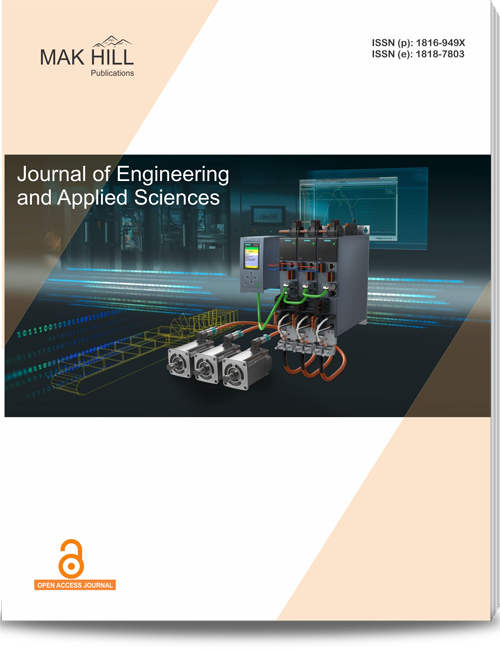
Journal of Engineering and Applied Sciences
ISSN: Online 1818-7803ISSN: Print 1816-949x
99
Views
1
Downloads
Abstract
The current research aims to investigate the relationship between high school student’s computer self-efficacy and their cognitive actions and metacognitive strategies while engaged in an interactive learning module. While the computer self-efficacy represents self-efficacy component, the cognitive actions represent the activities while using the modules. The metacognitive component was represented by planning, monitoring and regulating strategies. Students at two high schools in the state of Utah in the United States of America were the target research population. They enrolled in programming and math classes offered by school abc and a physics class offered by school xyz. One hundred students participated in this study. This study focuses on three ILM modules that represent some fundamental concepts in computer science. Three questionnaires were used: demographic questionnaire, computer self-efficacy questionnaire and self-regulated computer-based learning questionnaire. The results show that computer self-efficacy is positively correlated with cognitive actions. There is no significant correlation that exists between computer self-efficacy and components of metacognitive strategies.
How to cite this article:
Harry Budi Santoso and Oenardi Lawanto. The Relationships Between Student Computer Self-Efficacy and
Cognitive Actions and Metacognitive Strategies While
Engaged in Interactive Learning Modules.
DOI: https://doi.org/10.36478/jeasci.2017.1983.1986
URL: https://www.makhillpublications.co/view-article/1816-949x/jeasci.2017.1983.1986